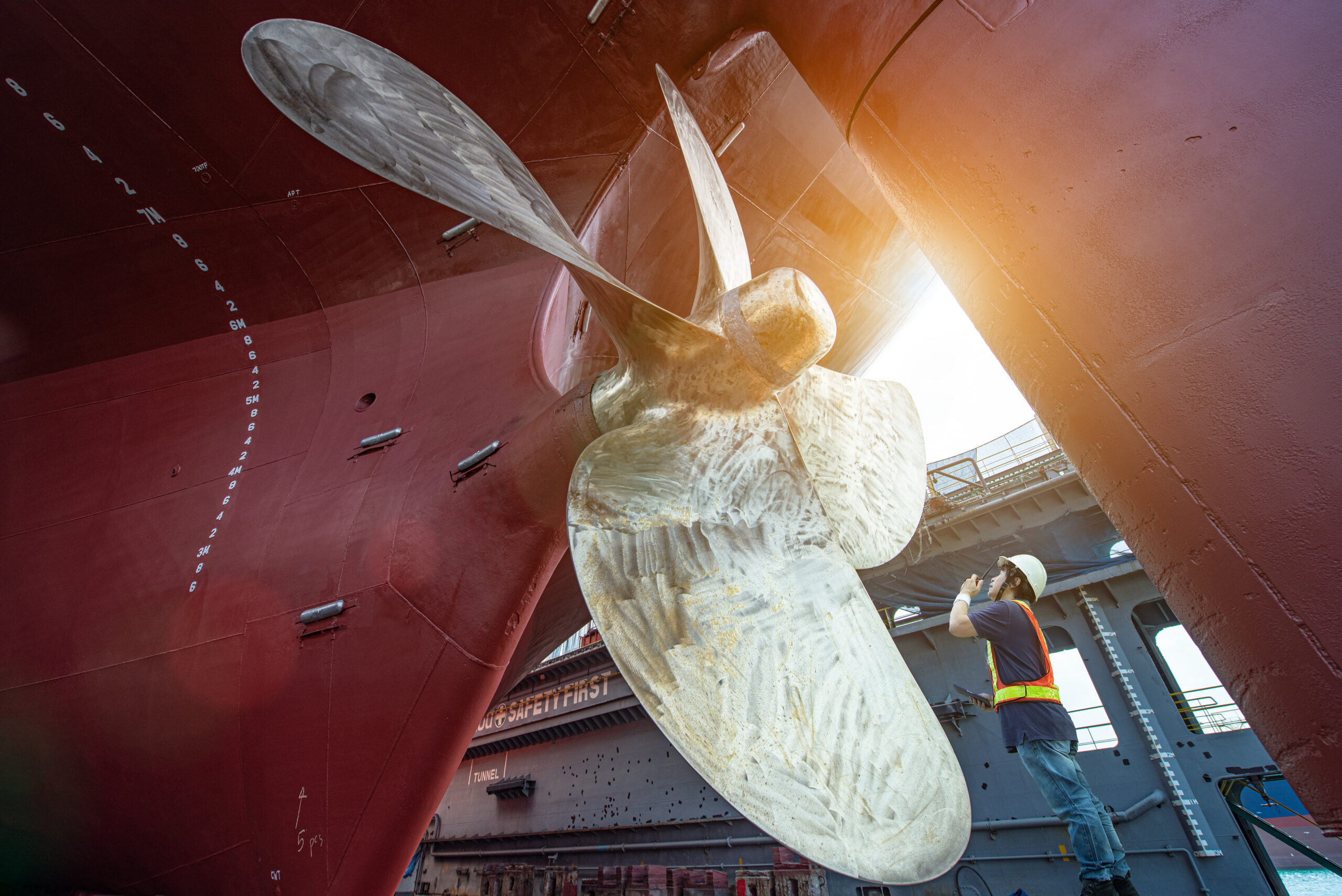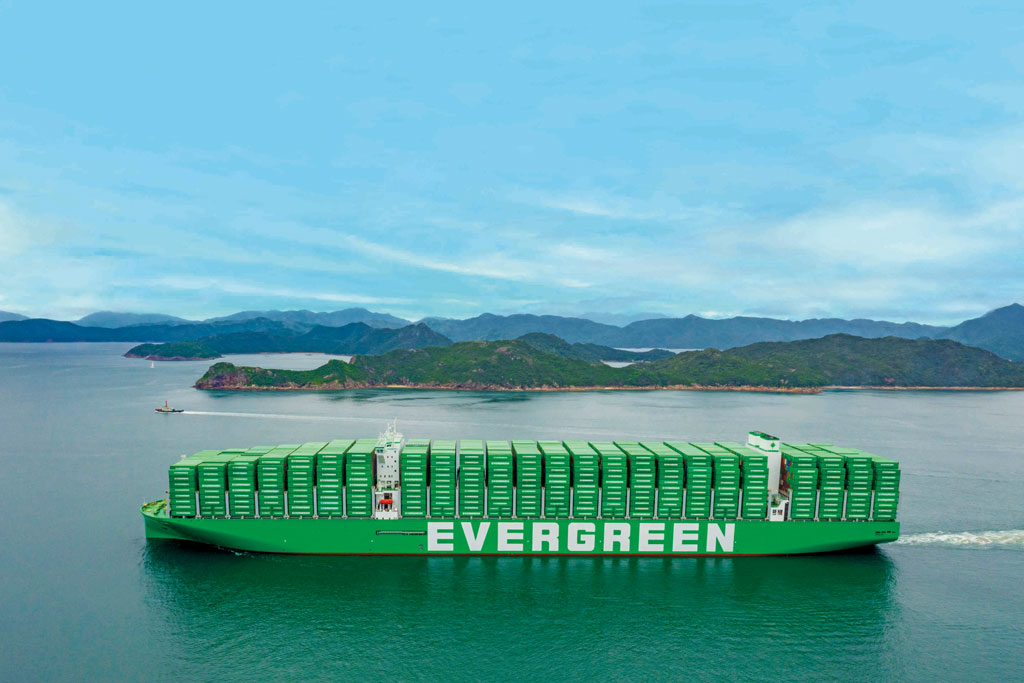Taking responsibility for the environment is an issue high on the agenda in most industries today, and the transport industry is no exception. Many customers are choosing smart and sustainable transports over traditional solutions where the environment is not always in focus. In this blog article, I will summarise a few alternatives to traditional transport solutions and describe when they provide additional value both to the customer and to the environment.
A wide range of sustainable transport solutions to choose from
There are a number of factors to consider when choosing the appropriate transport solution for your goods. Your needs and demands, as well as the requirements of your goods are of course essential to the decision. Still, it is often possible to make a choice that also minimises the environmental impact. Today, there is a wide range of smart and sustainable solutions in the market that challenges traditional ones. Short sea shipping, Eco-friendly container train solutions, Less than Container Load (LCL) shipping and a combination of different transport modes in Intermodal freight transports are a few of the available greener alternatives.
Short sea shipping with FCL and LCL service
When you have the possibility to prioritise cost-efficiency and eco-friendliness over shipment time, ocean freight is often a suitable option compared to air freight. Also, the globalised trade has led to problems in Europe with overcrowded roads and consequently, delays of transports and increased CO2 emissions. By replacing parts of the road freight to short sea shipping these problems can be considerably reduced.
Up until now, short sea shipping of goods in containers has been focused on a limited number of main hub ports in Europe. However, there is a lot of potential in the smaller ports along our coasts and transport solutions that use them are increasing on the market. Also, short sea shipping has previously mainly been associated with Full Container Load (FCL) but alternatives using Less than Container Load (LCL) for smaller volumes of goods are becoming more and more common. Because shipping your goods with LCL means sharing space and using the full capacity of containers, it is both cost-efficient and eco-friendly. Enabling this for short sea shipping as well is a big step in the right direction to reduce the strain on roads, railways and the environment.
Greencarrier Freight Services offers shortsea shipping solutions from seaports all around Europe. For example, we will soon be able to introduce short sea shipping with LCL service between Poland and Sweden, a distance normally handled by trucks.
Eco-friendly and cost-efficient container train solution
Compared to traditional transport solutions by air and road, a rail-based solution is by far the most eco-friendly alternative with lower exhaust emissions. Traveling long distances in consistently high speed also makes it more reliable and punctual compared to ocean and road freight. Unless your shipment is time-critical to the extent that you need to use air freight, rail freight is often a good option to choose with regards to both the environment and your budget.
Greencarrier Freight Services’ container train solution between China and Europe is completely electrified and is to a large extent powered by hydroelectric power plants. The train route starts in Suzhou, Shanghai and ends in Warsaw, Poland with 14 days transit time. The solution is shown to be a really good alternative when comparing its CO2 emissions and transit time with other modes of transport for that particular distance.
Intermodal freight transport between Turkey and Sweden
The great benefit of road freight is its flexibility and ability to transport goods to remote locations. The downside of it is its negative environmental impact. By using road freight only when flexibility is necessary, such as for final delivery, and combining it with other modes of transport for the other steps of the supply chain, you can greatly reduce costs and emissions. Due to many countries’ congested roads, investments are made to improve infrastructure by extending networks of rail, road and sea. Intermodal freight transports are therefore gaining ground and solutions are getting more reliable and efficient.
We can offer several sustainable solutions for intermodal freight transport including road, rail, ocean and air. One of them is a solution between Turkey and Sweden. The transport starts with sea freight from Turkey to Trieste, Italy, then it continues by railroad to Kiel, Germany, and from there by sea to Gothenburg, Sweden. At the port of Gothenburg, we use trucks to collect the trailers and drive them to their final destinations.
The importance of challenging traditional ways of transportation
At Greencarrier Freight Services, we believe it is important for all actors in the transport industry to challenge traditional solutions with new and smarter ones. In addition, it is important for customers to embrace and be willing to try these when moving their goods. The solutions described above are a few of the available transport solutions that challenge traditional ones. We dare you to try them!
I hope you enjoyed reading the blog article and that you got inspired to try a more sustainable transport of your goods! Feel free to contact me if you have any questions regarding our solutions at Greencarrier Freight Services. Also, don’t forget to visit our Knowledge Center for more blog articles.





